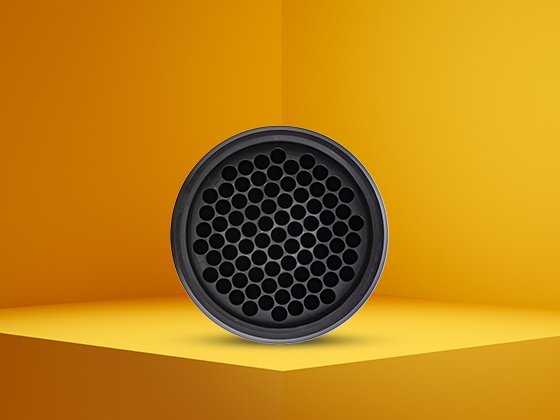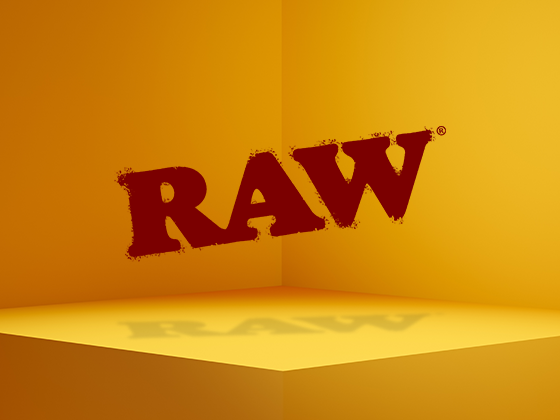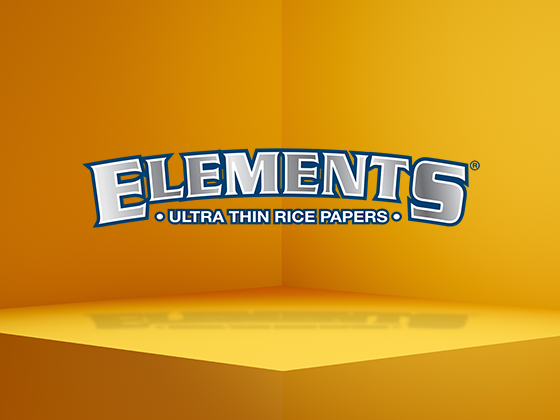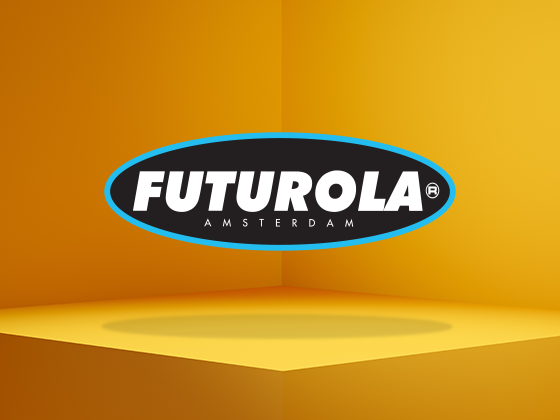Table of Contents
Comparing RAW and Elements: Understanding the Differences
nnWhen it comes to rolling papers, two brands consistently stand at the forefront of discussions among enthusiasts: RAW and Elements. Both have cultivated dedicated followings, but understanding the nuances between these popular brands can help consumers make more informed choices based on their specific preferences and priorities.
nnOrigins and Brand Philosophy
nnRAW, founded by Josh Kesselman, emerged with a mission to create the purest, most natural rolling papers possible. The brand has built its identity around being unrefined, unbleached, and additive-free. As explored in this comprehensive guide to RAW papers and accessories, the company emphasizes transparency in its manufacturing processes and materials.
nnElements, on the other hand, was created with a focus on combining traditional papermaking techniques with innovative materials. The brand highlights its ultra-thin rice paper design and unique watermark system that prevents uneven burning, sometimes called "canoeing."
nnMaterial Composition and Manufacturing
nnRAW Papers
nnRAW papers come in several varieties, with the most popular being:
nn- n
- RAW Classic: Made from unbleached natural fibers n
- RAW Organic Hemp: Produced using organically grown hemp n
- RAW Black: Ultra-thin premium papers n
According to this comparison of RAW varieties, each type offers slightly different burning characteristics and thickness levels, catering to different user preferences.
nnElements Papers
nnElements papers primarily feature:
nn- n
- Rice paper base: Ultra-thin and slow-burning n
- Sugar gum: Instead of tree sap adhesives n
- Watermark system: Creates even burns n
The rice paper composition gives Elements a distinctive translucent appearance compared to the more opaque look of RAW papers.
nnProduct Variety and Options
nnBoth brands offer extensive product lines beyond basic rolling papers.
nnRAW has expanded into a comprehensive ecosystem of smoking accessories, including pre-rolled cones in various sizes. For those interested in larger formats, our 115mm Mini Bomb size cones that hold approximately 1.5 grams are popular options for both personal and small-batch commercial use.
nnElements maintains a more focused product line, concentrating primarily on papers and a select range of accessories like rolling trays and filter tips. Their product range tends to emphasize quality over quantity of options.
nnBoth brands offer pre-rolled cones, but RAW provides a wider variety of sizes and styles, while Elements focuses on consistency and performance.
Smoking Experience and Flavor Profile
nnThe smoking experience differs notably between these brands:
nnRAW Experience
nnRAW papers are designed to have minimal impact on the natural flavor of the material being smoked. The unbleached, natural fibers aim to provide a pure experience with:
nn- n
- Very mild, slightly earthy natural taste n
- Medium burn rate n
- Minimal ash n
As detailed in this exploration of RAW organics, many users choose these papers specifically to preserve the natural terpene profiles of premium flower.
nnElements Experience
nnElements papers offer:
nn- n
- Nearly tasteless smoke due to rice paper composition n
- Slower burn rate than many competitors n
- Minimal ash that turns to caramel due to the rice and sugar composition n
The ultra-thin design of Elements papers results in less paper per surface area, which many users report allows for more pronounced flavor from their smoking material.
nnEnvironmental Impact and Sustainability
nnEnvironmental considerations have become increasingly important for consumers:
nnRAW emphasizes sustainability through:
nn- n
- Use of unbleached fibers n
- Hemp-based options (a more sustainable crop than trees) n
- The RAW Foundation, which supports environmental and charitable initiatives n
Elements focuses on environmental responsibility through:
nn- n
- Rice paper that produces less ash and residue n
- Sugar-based adhesives instead of chemicals n
- Packaging made from sustainable materials n
Both brands have taken steps to reduce environmental impact, though RAW tends to make this a more central part of its brand messaging.
nnPrice Point and Value Comparison
nnWhen comparing costs:
nn- n
- RAW papers typically range from budget-friendly Classic varieties to premium-priced RAW Black n
- Elements papers generally fall in the mid-to-premium price range n
- Pre-rolled cones from both brands command a premium over flat papers n
The value proposition extends beyond just price. RAW has built a strong brand community, with authentic products being highly sought after. This guide to RAW authenticity helps consumers ensure they're purchasing genuine products, as counterfeits have become common due to the brand's popularity.
nnMaking Your Selection Based on Preferences
nnWhen choosing between RAW and Elements, consider these factors:
nnRAW might be preferable if you value:
nn- n
- Natural, unbleached materials n
- Brand community and philosophy n
- Wider product ecosystem n
- Hemp-based options n
Elements might be the better choice if you prioritize:
nn- n
- Ultra-thin papers with minimal presence n
- Even-burning characteristics n
- Minimal ash and residue n
- Tasteless smoking experience n
Many enthusiasts keep both brands on hand for different occasions and materials. As explored in this guide to purchasing RAW products, authenticity should be a primary concern regardless of which brand you choose, as counterfeits can contain harmful additives and chemicals not found in genuine products.
nnWhether you opt for the earthy, natural approach of RAW or the ultra-thin, clean-burning experience of Elements, both brands have earned their reputations through consistent quality and attention to the smoking experience.










